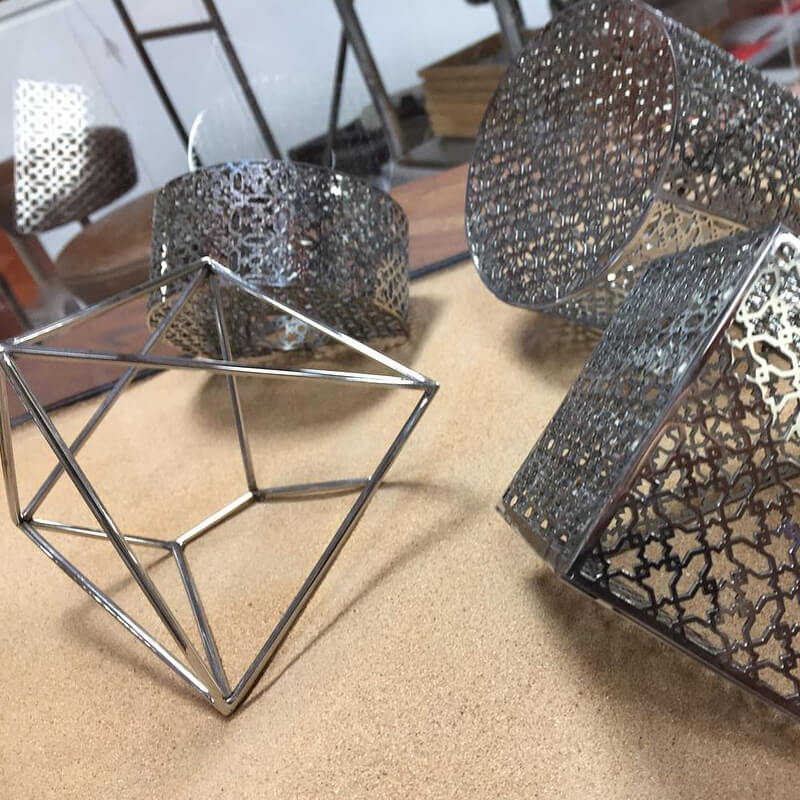
The metal fabrication industry is experiencing a profound transformation, driven by innovative technologies, sustainable practices, and a growing focus on efficiency and precision. From automation and 3D printing to smart manufacturing and sustainable materials, the horizon of metal fabrication is teeming with possibilities. These innovations are reshaping the metal fabrication companies in Dubai, enabling the creation of metal structures and products that are not only technologically advanced but also environmentally responsible and economically efficient. As these trends continue to evolve, the future of metal fabrication holds exciting promise for a wide range of applications and industries.
Automation and robotics:
One of the most significant trends in metal fabrication is the integration of automation and robotics. Automated systems, such as CNC (Computer Numerical Control) machines, are becoming increasingly sophisticated, allowing for high-precision cutting, bending, and welding. Robots are being used for tasks that require dexterity and consistency, improving efficiency and reducing the margin of error in the fabrication process.
3D printing or additive manufacturing:
3D printing, or additive manufacturing, is making waves in metal fabrication. This innovative technology allows for the layer-by-layer construction of metal parts and components, reducing waste and enabling the creation of complex and lightweight structures. The ability to produce custom, intricate metal objects with 3D printing is changing the landscape of metal fabrication.
Smart manufacturing:
The concept of smart manufacturing, often referred to as Industry 4.0, is becoming increasingly prevalent in metal fabrication. This involves the integration of IoT (Internet of Things) devices and data analytics to monitor and optimize the fabrication process. Predictive maintenance, real-time monitoring, and data-driven decision-making are helping manufacturers improve efficiency and reduce downtime.
Sustainable practices:
Sustainability is a driving force in the metal fabrication industry. Innovations in sustainable metal sourcing, recycling, and waste reduction are gaining momentum. The use of eco-friendly materials, energy-efficient processes, and environmentally responsible practices are becoming the norm, aligning with global efforts to reduce the carbon footprint.
Advanced materials:
Metal fabricators are exploring a wider range of advanced materials, such as high-strength alloys, composites, and specialized coatings. These materials offer enhanced properties, including greater strength-to-weight ratios and resistance to corrosion. The adoption of these materials is changing the possibilities and applications of metal fabrication.